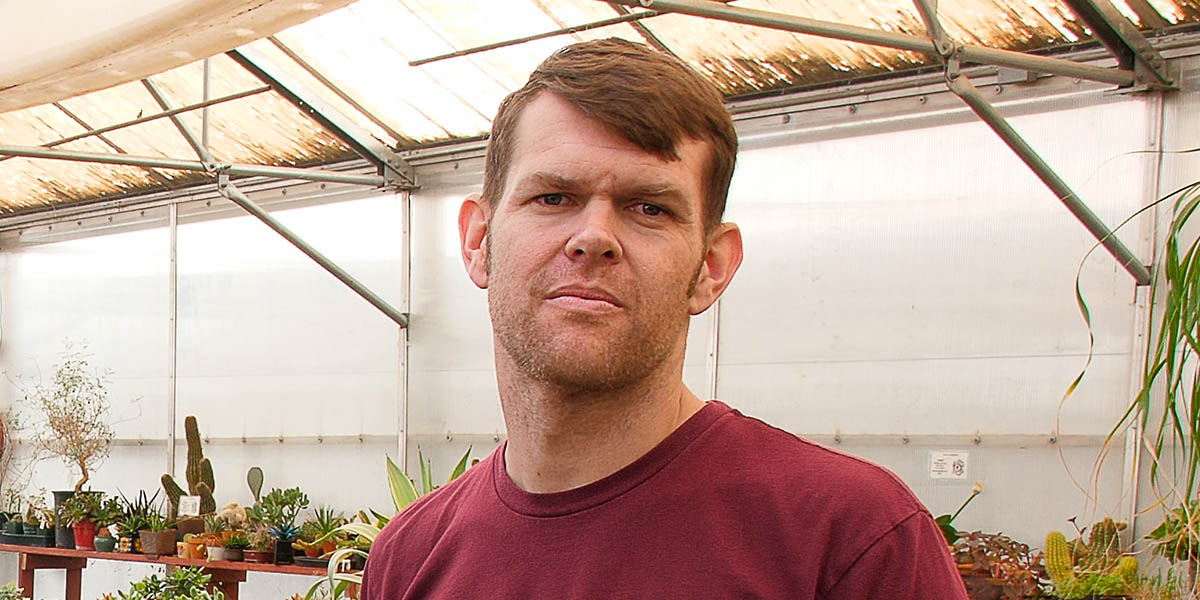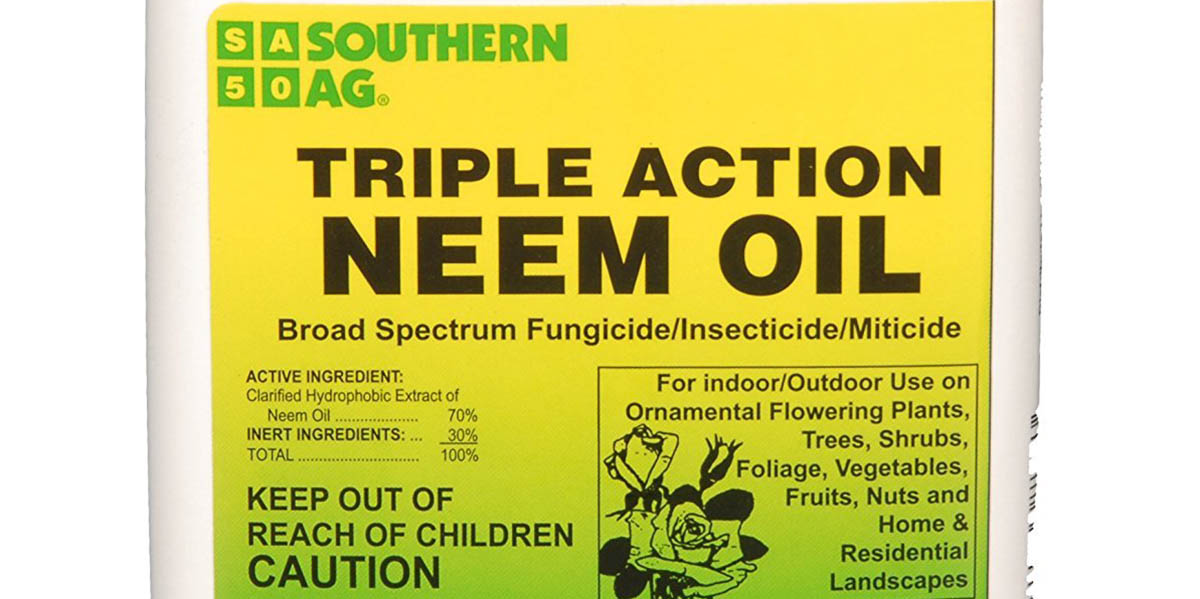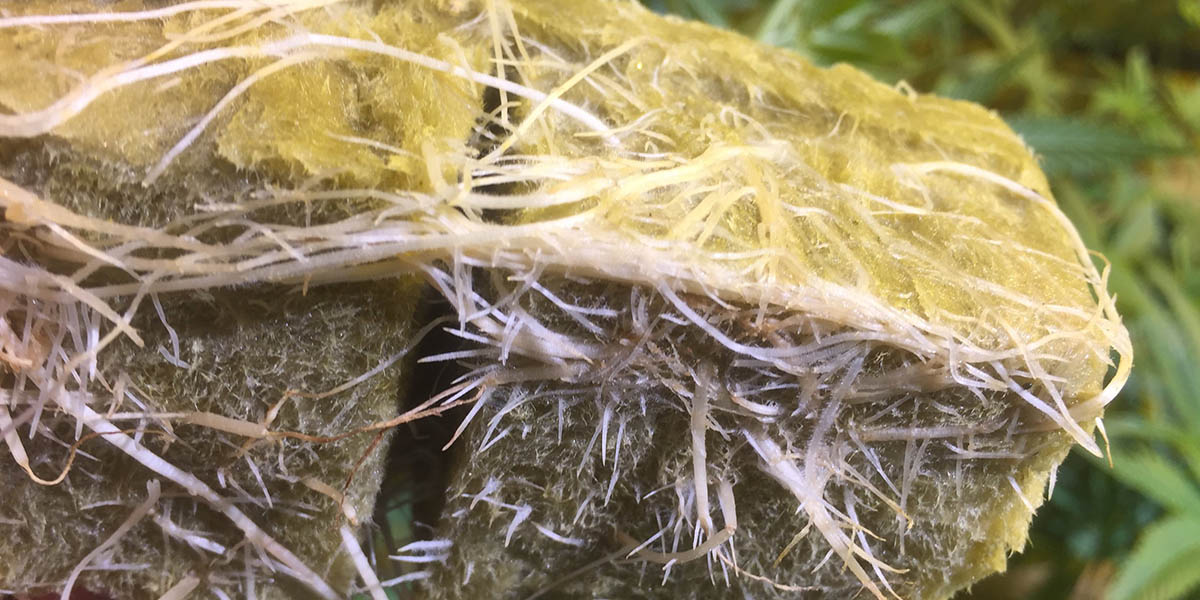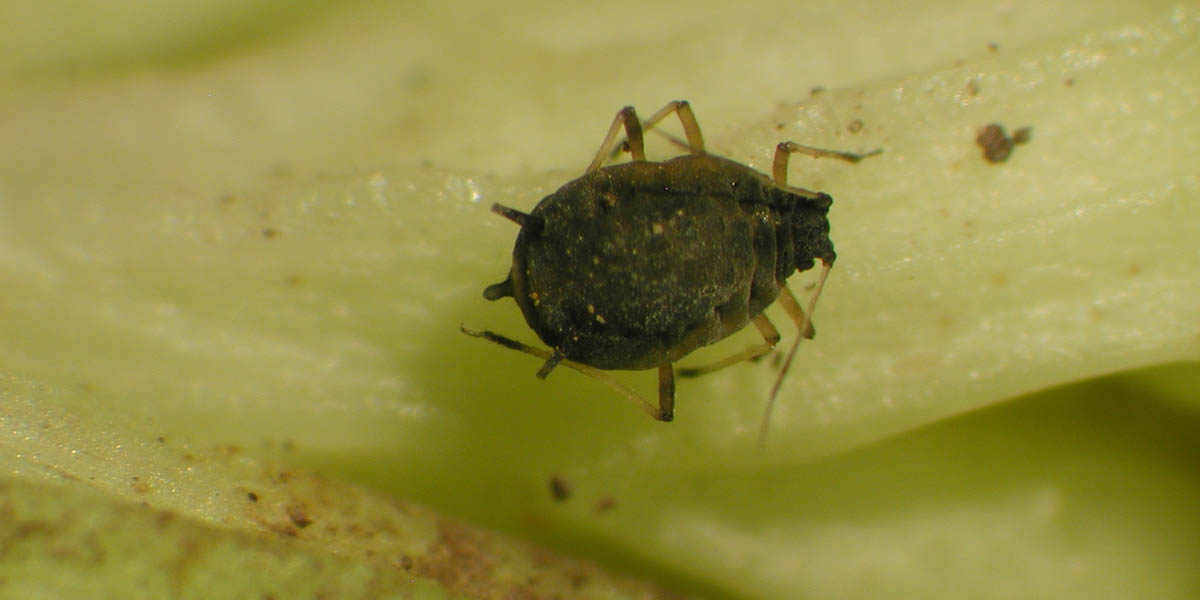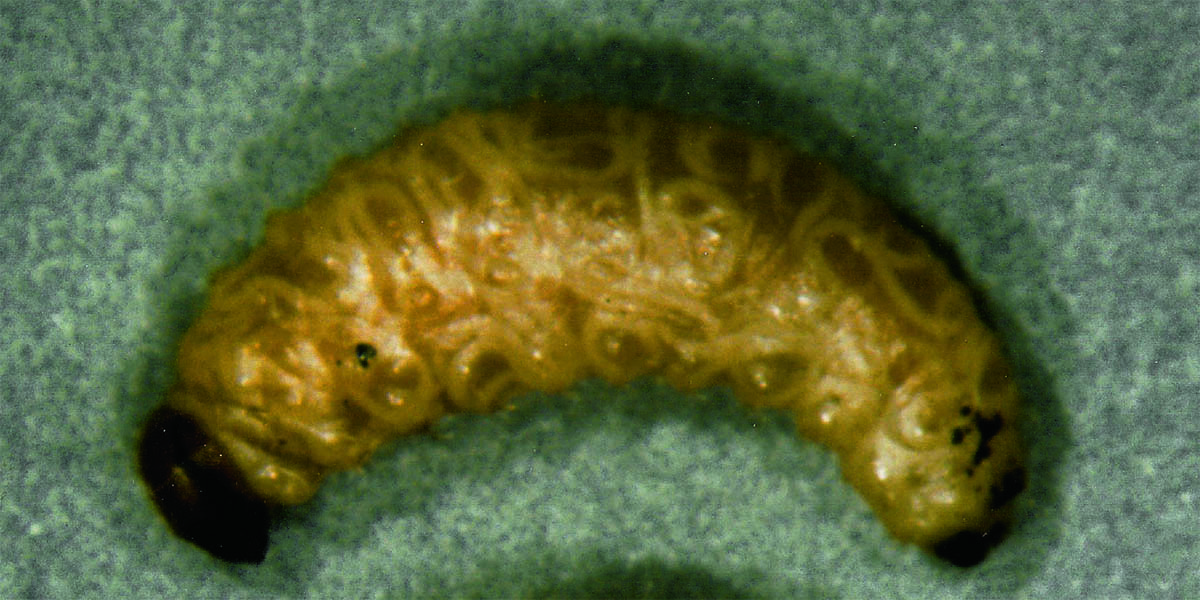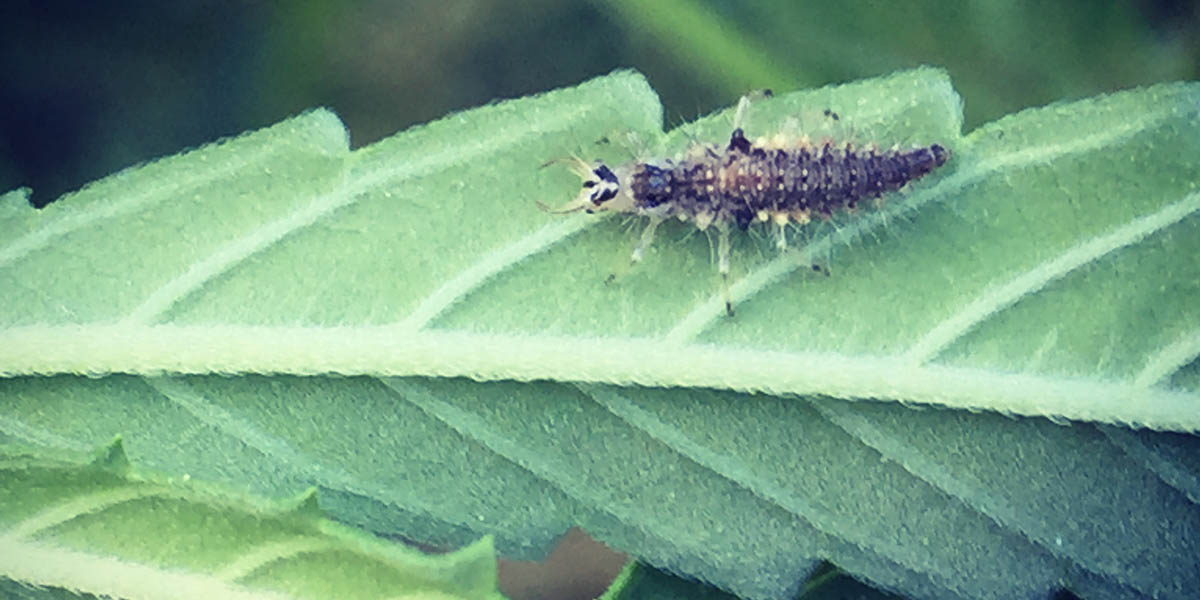CHA Welcomes David Heldreth to the Advisory Board
David Heldreth is a Chief Science Officer of True Terpenes and also the founder and CEO of Panacea Plant Sciences, a biotechnology company developing a portfolio of cultivation and related IP and patents around the cannabis plant. He testified on behalf of True Terpenes at the historic FDA hearing on cannabis, CBD, CBG, CBC and terpenes in our food supply on May 31, 2019.
A background in engineering, biology and journalism drive Heldreth’s desire to develop new technology and inform the public. He was sought after by CHA because he’s an expert on the various laws that affect the way hemp and cannabis are regulated. Heldreth regularly brings his knowledge to the public to educate consumers, medical patients and government regulators on cannabis science and policy topics.
…CHA Welcomes David Heldreth to the Advisory BoardRead More »
CHA Welcomes David Heldreth to the Advisory Board Read More »

